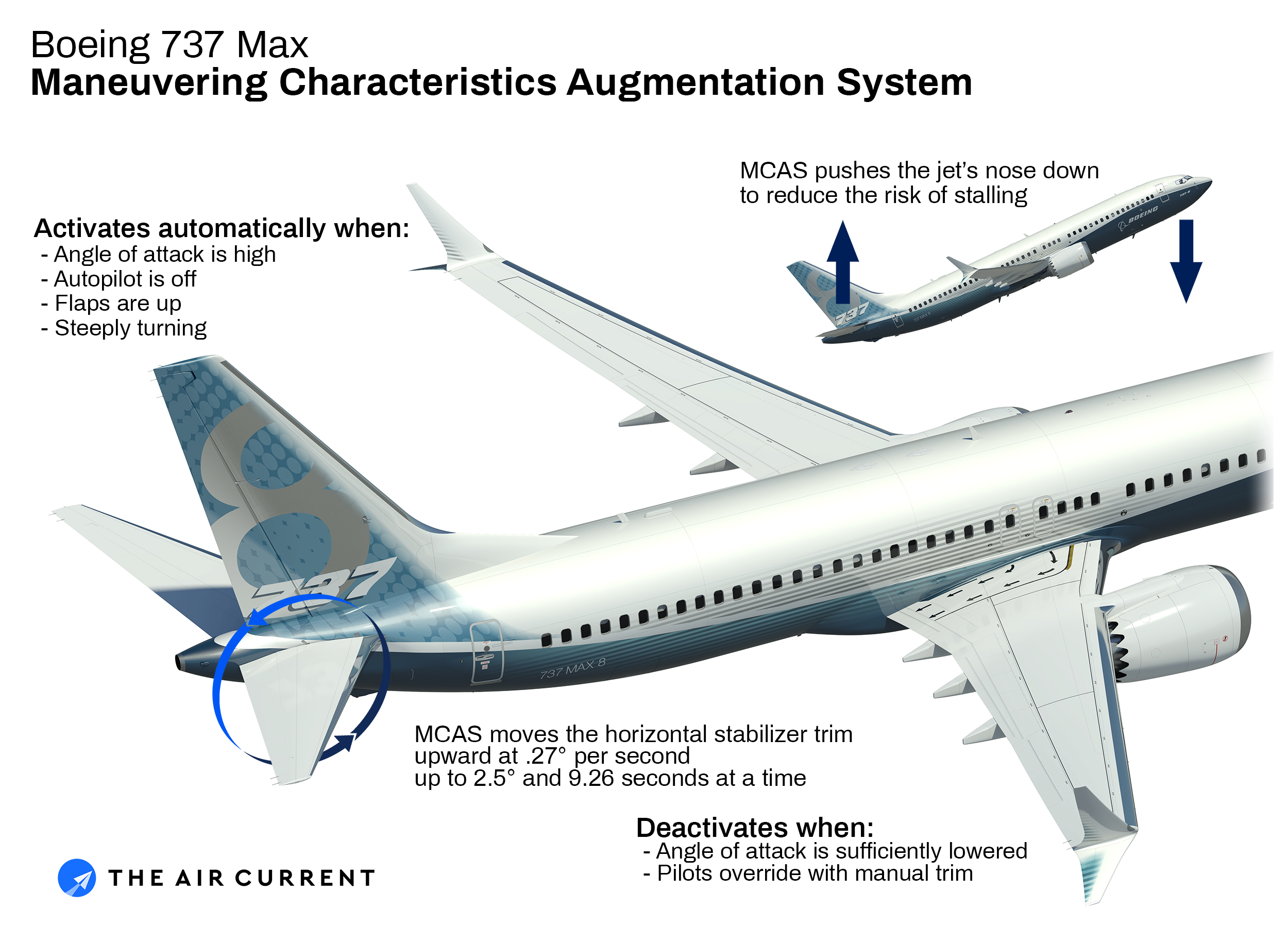This post is sponsored by: https://www.emploistjerome.
Several months before the catastrophe of a Boeing 737 Max of Ethiopian Airlines, a pilot of this airline warned the superiors of the need to improve the training of the crews in order to avoid the repetition of an accident such as who suffered a flight from the Indonesian company Lion Air, reported Bloomberg News.
In an email dated December 13, Bernard Kai von Hoesslin noted that “there will surely be a catastrophe”, if the pilots, dealing with a failure of the flight control system in the cockpit of a Boeing 737 Max, would also receive the signal that they were flying too low.

Two seemingly similar catastrophes – in the Java Sea and in Ethiopia , with 189 and 157 dead, respectively – triggered a cascade of suspensions by airlines and air transport regulators, leaving the 737 Max global fleet on the ground and causing the collapse of Boeing’s stock prices.
The preliminary investigation indicates that the pilots had difficulties with the MCAS stabilizer software (Maneuver Characteristics Increase System) and failed to regain control of the aircraft.
The MCAS system automatically lowers the nose of the aircraft when the sensors detect a very high flight angle that can lead to the aircraft stalling.

Boeing reported in the middle of this month that it had completed the development of an update for the MCAS of the 737 Max, as well as the tests of the corresponding simulator, and that its pilots had made 207 test flights with the new software, for the process of certification.
He previously announced that the pilots will be able to counteract the system with manual control or that the MCAS will be automatically deactivated when the airflow sensors on both sides of the aircraft offer very different readings.
Source: Sputniknews